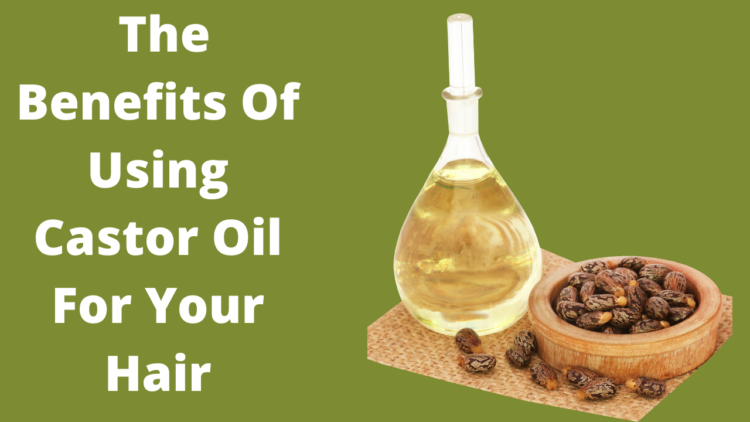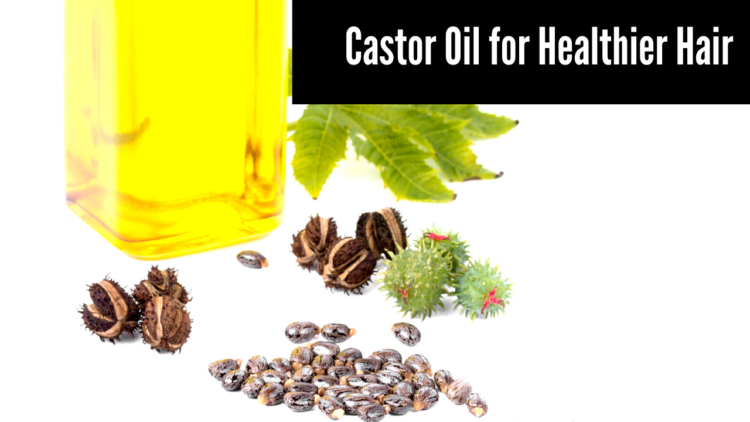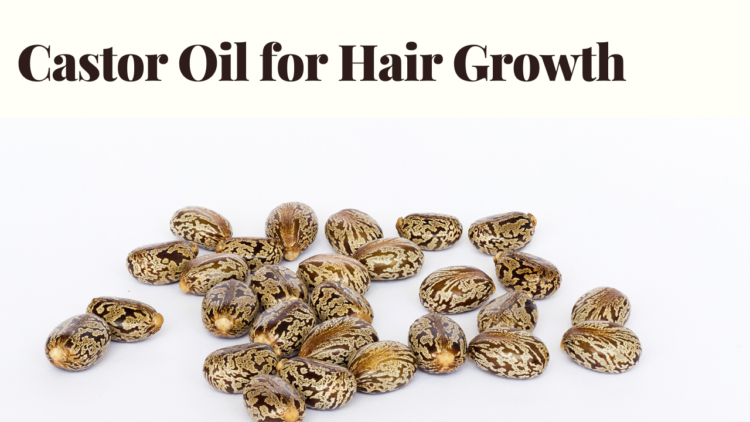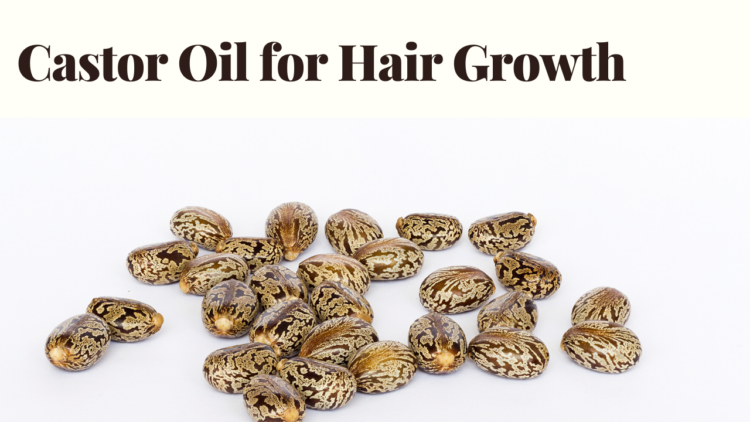In all the research I’ve done on various ways to stimulate hair growth and keep hair healthy, perhaps the single most interesting and unexpected finding I’ve come across is using castor oil for hair growth. This is without doubt one of the best-kept secrets when it comes to having a full head of gorgeous hair. Castor oil is considered a vegetable oil, and it’s obtained by pressing the seeds (called castor beans, even though they aren’t true beans) of the castor oil plant (Ricinus communis).
The plant originates in the southeastern Mediterranean Basin, eastern Africa and India, but it is commonly grown as an ornamental plant throughout many tropical regions, especially variations with reddish leaves and flowers. It’s important to be aware that the plant and its beans constitute one of the most poisonous plants in the world. If you ate a handful of the seeds and didn’t get immediate medical attention, it could very well be fatal. The toxin it contains is called ricin, which is obviously removed from castor oil products. I only mention all of this in case you get the idea to grow your own plants and try to make your own castor oil. Don’t do it!
With that quick disclaimer, let’s get into the huge benefits you can reap by using castor oil for hair growth and health. If you’re like me, you’ll wonder how you haven’t heard of this wonder hair treatment before! Here are seven major benefits of using castor oil on your hair:
Castor Oil Hair Care
Reduces Hair Loss. With all the styling, drying, coloring and other things we do to our hair, not to mention the genetics we inherit, hair loss is an all too common and psychologically depressing occurrence for many people. Using castor oil on your scalp and hair helps protect it because of the ricinoleic acid it contains, which both protects your hair and stimulates nutrient-rich bloodflow to your scalp that keeps hair strong, healthy and intact. Ricinoleic acid makes up about 90% of castor oil, so it’s definitely one of the richest sources of this hair tonic you’ll find anywhere.
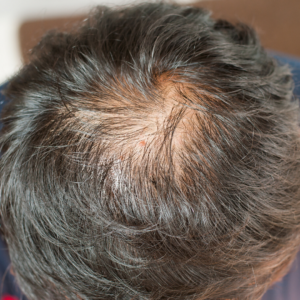
Stimulates Hair Growth. The act of applying castor oil by gently massaging it into your scalp and hair boosts circulation of blood to the scalp and hair follicles, which is essential to stimulating hair growth. But the oil itself also helps because of its high omega-6 fatty acid content, which is another important component in growing healthy hair. Well-nourished hair will be stronger, more resilient, and less prone to falling out prematurely.
Fights Scalp Infections. Various pathogenic microbes can take root in the scalp and cause all kinds of trouble, from bald patches to itchiness, all of which can stall out hair growth. Castor oil has natural anti-bacterial, anti-fungal, and even anti-viral properties that will help wipe out any pathogenic organisms that can cause a variety of scalp and hair issues, including follliculitus, ringworm and peidra.

Controls Split Ends and Hair Breakage. Castor oils rich levels of vitamin E, amino acids, and omega-6 fatty acids help put a stop to both split ends and breakage by penetrating deep into your scalp and smoothening out rough hair cuticles (the hard, outermost part of the hair shaft).
Moisturizes and Conditions. There are omega-9 acids in castor oil that help lock moisture into both your hair and scalp, making it a surprisingly effective conditioner. Because dry scalp can lead to dandruff, making regular use of castor oil can help keep that problem under control as it moisturizes your scalp. Castor oil has the ability to penetrate dry and damaged hair to heal and restore it.
Gives Hair a Beautiful Shine and Silky Feel. By coating each shaft of hair and locking in moisture, castor oil leads to a natural luster as well as a smoother, silkier feel. Note also that castor oil tends to give hair a richer, darker hue due to its humectant effect and nutrients.
Increases Thickness of Hair. Both the omega-6 and omega-9 fatty acids will help make your hair feel thicker, giving a real boost to its volume.
Heal and Regrow Eyebrows and Eyelashes. If you find yourself needing to regrow or thicken thin eyebrows, castor oil is probably your best bet. You can also use it to repair and strengthen your eyelashes as well. Use a mascara brush to apply it to your eyelashes.
How to Use Castor Oil for Hair Growth?
The first thing to be aware of is that you want to use an unrefined castor oil product because that will have many more of the nutrients that make your hair healthier. Also know that castor oil is quite viscous, meaning you’ll find it a lot thicker and stickier than other oils, so you might consider mixing it with a lighter oil to make it easier to work with. Coconut, olive or almond oils are good choices to mix with castor oil. Choosing an oil with a pleasing odor will also make your hair smell great (who doesn’t like the smell of coconut?).
A good rule of thumb here is that the longer you’re going to leave it in, the less you should use. It’s powerful stuff, and you don’t want to overdo it. If you only use a small amount, feel freet o use it on a daily basis as an added conditioner. Leave it in a good 15-30 minutes before washing your hair with your favorite shampoo. For longer treatments, use less, massaging it into your scalp and throughout your hair in sections, then wrap your hair in a moist, warm towel for an hour. If you leave it in overnight, be sure to wear a shower cap. To reduce the messiness of the whole process, you can also try using an applicator like a hair dye dispensing bottle or brush instead of your hands. Although you won’t see substantial improvements immediately, after about a month or so of regular use, you’ll notice all of the amazing benefits of using castor oil for hair growth and health.


